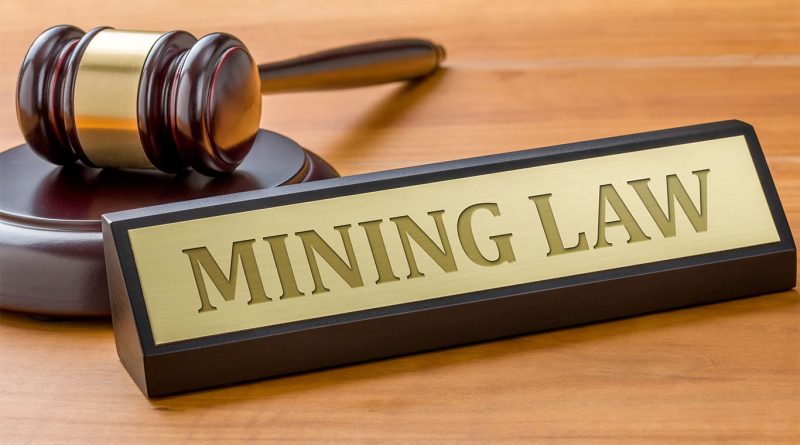Mining like it’s 1872
In an era of accelerating climate change and increasing demand for clean energy technologies, the Biden administration is calling for a crucial reform of the 151-year-old U.S. mining law. This outdated law, the General Mining Act of 1872, still governs mining activities on federal land, posing significant challenges to the development of minerals vital for the nation’s transition to cleaner energy sources. In a recent report, the administration emphasizes the need for an overhaul, offering more than 60 recommendations to streamline the process and expedite mine development. This proposal, however, is not without its challenges, as it is expected to face opposition from mining interests and their political allies.
The Problem with the 1872 Mining Law
The 1872 Mining Law has allowed miners to claim federal land for years at minimal cost, operate discreetly, and frequently submit incomplete plans to environmental regulators. This antiquated system is incongruent with the demands of the modern age. The Biden administration recognizes the urgent need to reform this law to accommodate contemporary realities.
The Quest for Clean Energy
The White House is determined to bolster U.S. mining for essential minerals that support the transition to clean energy. However, the existing legal framework, characterized by the 1872 law, presents a major impediment. To address this issue, an interagency group led by the Interior Department has put forward a series of recommendations aimed at Congress to update the outdated law. These proposals also call for federal agencies to establish streamlined rules between departments and require miners to engage with them before applying for permits. The goal is to reduce the current 16-year timeline from exploration to commercialization for U.S. mining projects.
High Stakes for Clean Energy
The stakes are exceptionally high. As the demand for key minerals escalates with the development of clean-energy technologies, failing to expedite mine development and enhance the industry’s environmental footprint in local communities may lead the nation to become increasingly reliant on foreign mineral supplies.
Interior Department officials stress that the U.S. must modernize its rules to meet the surging demand while protecting the environment. The existing process often encounters local opposition, litigation, and prolonged permitting delays, which hinder clean energy projects.
Challenges and Opposition
While the recommendations for mining reform are vital, they are likely to face opposition from certain companies and lawmakers who believe such changes will slow the mining process further. Senator John Barrasso, the top Republican on the Senate Energy and Natural Resources Committee, expressed concerns about the proposed reforms. However, many of the recommendations focus on administrative measures within the government’s control, such as streamlining regulations between agencies and enhancing communication with developers.
Streamlining for Efficiency
One of the key hurdles in the mining process is incomplete or vague plans submitted by developers, leading to permitting delays. The report suggests that the best way to resolve this issue is to have a more experienced federal workforce that can guide developers more effectively from the outset.
The report acknowledges the complexity of transitioning to a leasing system rather than the current claim system but highlights the potential benefits in the long run. However, this transition may cause short-term delays in meeting clean energy and climate goals.
Industry Perspectives
Mining companies and industry representatives assert the importance of preserving the ability to stake claims freely and object to a leasing system that requires bidding on lease rights. They are also concerned about recommendations to impose royalty payments to the federal government or additional fees.
Organizations such as SAFE, which advocates for energy security, support many of the report’s recommendations. They emphasize the need for transparency, higher environmental standards, and royalty payments to cover social and environmental costs. Environmental and tribal groups have also welcomed the proposed reforms, urging the administration to go further in empowering Native American communities.
As the nation strives for cleaner energy and greater environmental responsibility, mining law reform becomes essential. The Biden administration’s report highlights the critical need to modernize the 1872 Mining Law to expedite mine development, protect the environment, and ensure the United States remains self-reliant in securing essential minerals for clean energy technologies. While the road to reform may be challenging, the potential benefits for clean energy and sustainability make it a cause worth pursuing.
